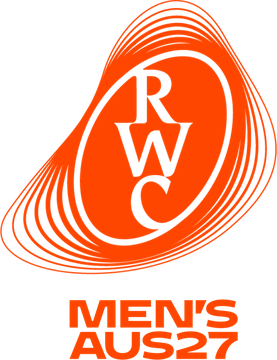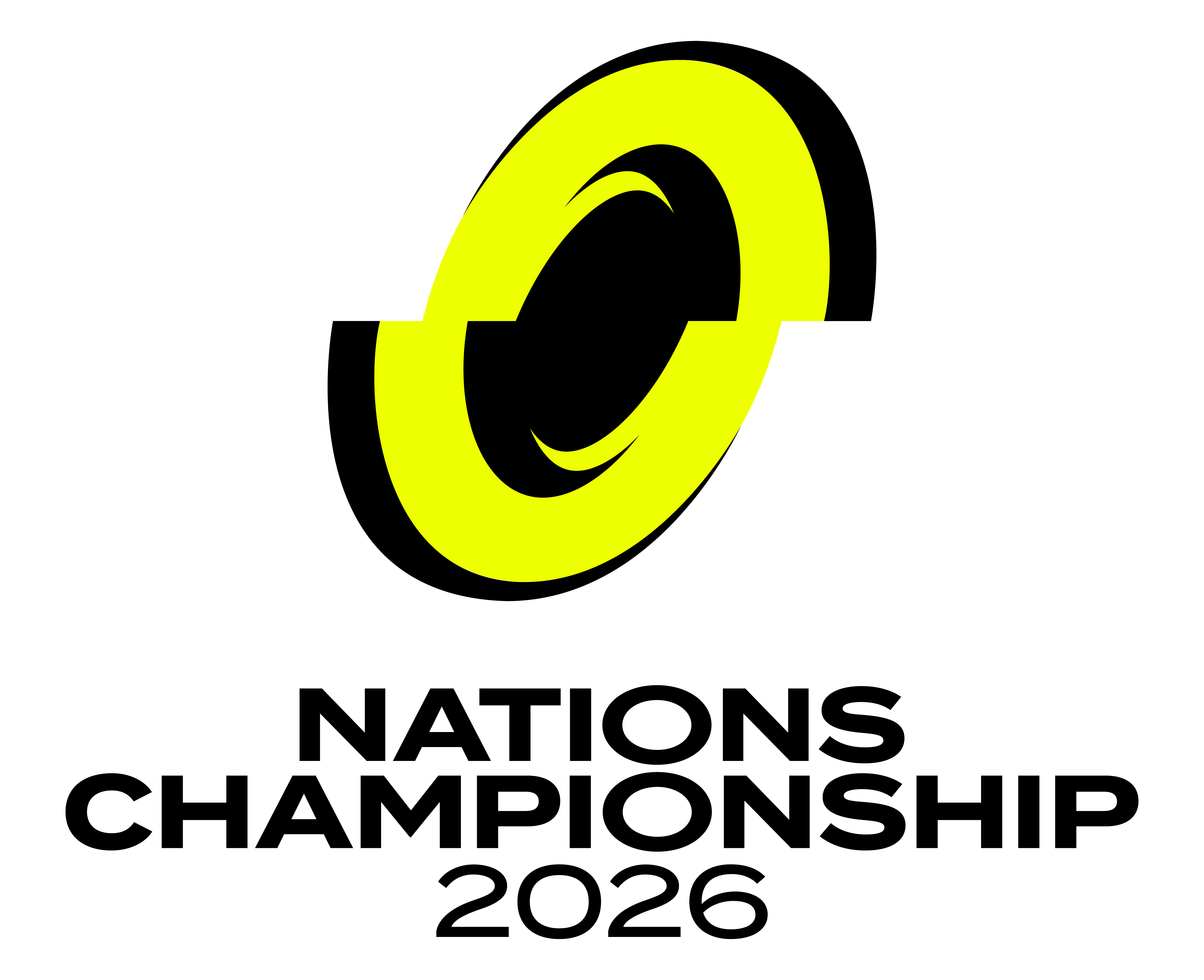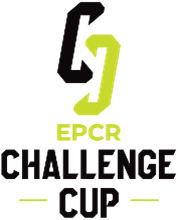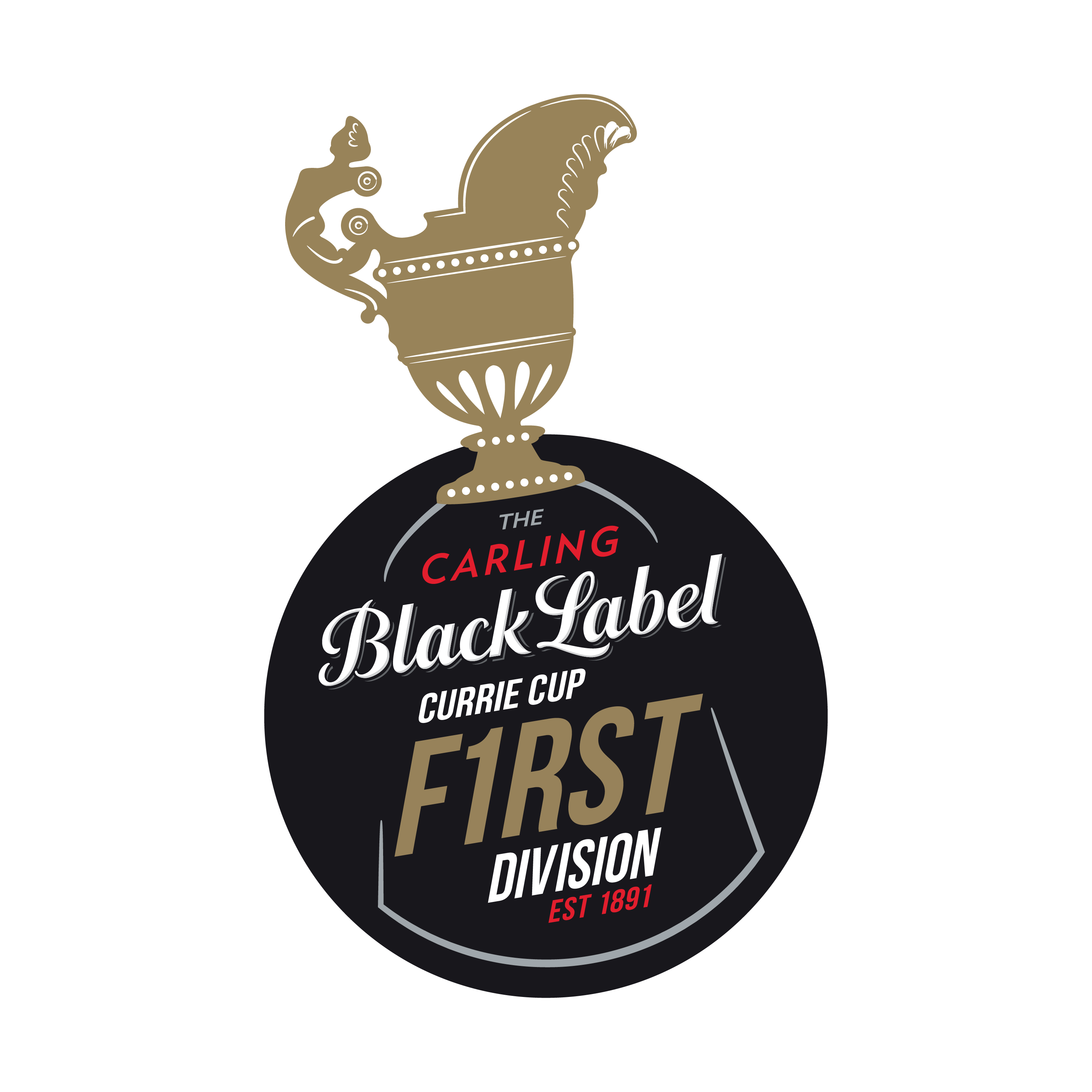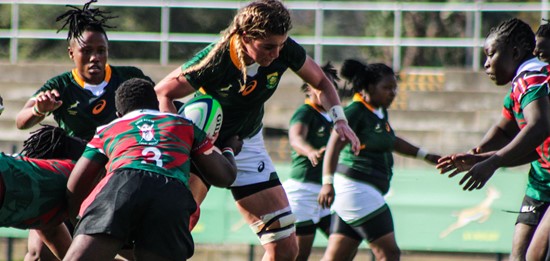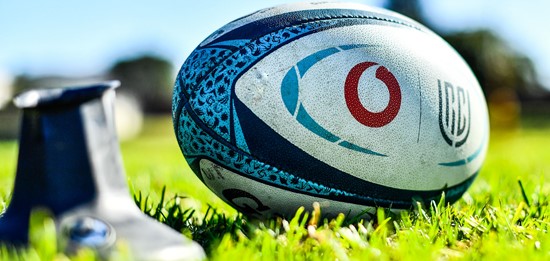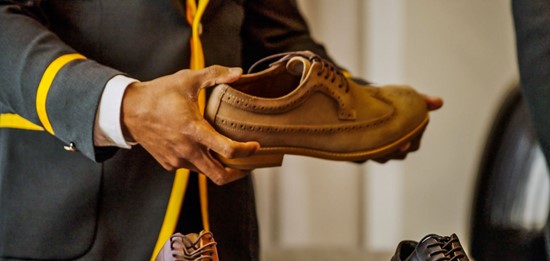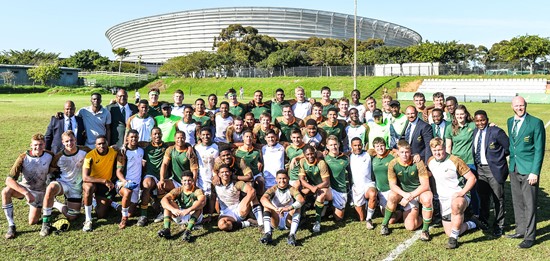Supporters attending the Castle Lager Incoming Series match are being asked to deposit all plastic waste in the green plastic waste bags that will be dotted throughout the stadium. They will be signposted as "The Bag That Builds".
Uniquely, even “non-recyclable” plastics, like chip packets and polystyrene cups, can be disposed of in the bags, unlike other recycling projects where such plastics still end up in landfill.
The plastic waste will be taken to a special plant where it will be converted into an “eco-aggregate”, called RESIN8. The manufactured RESIN8 is then incorporated into the mix design for the casting of conventional concrete blocks – disposing of 100% of the plastic waste and reducing the need for conventional quarried materials by up to 20 percent.
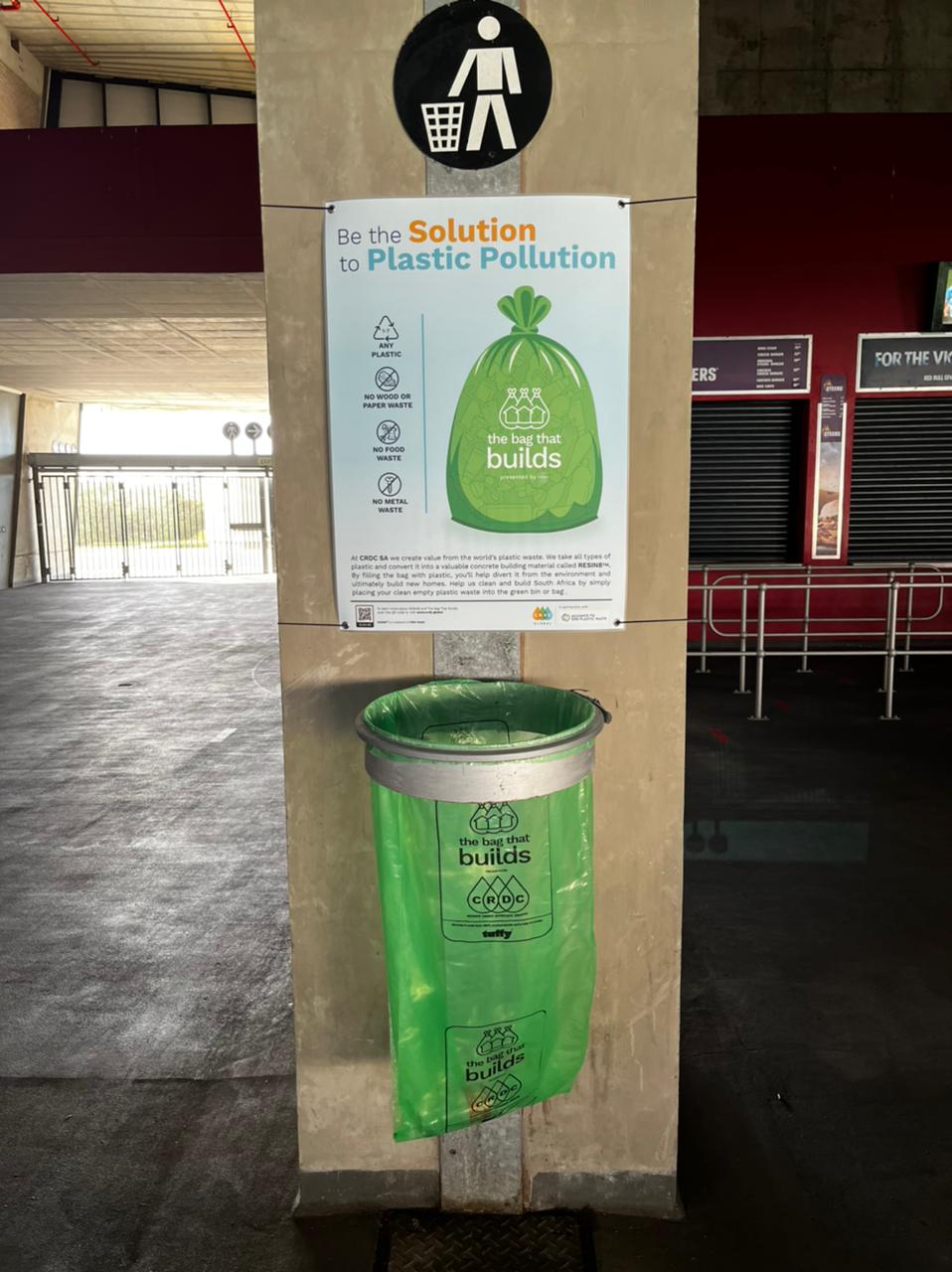
“Everyone has a responsibility to look after the natural environment for future generations and rugby is not blind to its responsibility,” said Jurie Roux, SA Rugby CEO.
“This is an exciting project that we are trialing to reduce our impact on the environment – the fact that the outcome helps build houses is a double win in our South African environment.
“Please look out for the green collection bags if you are attending the match, every item that is deposited is potentially one less piece of plastic that will end up in landfill or even in our oceans.”
SA Rugby is partnering with The Center for Regenerative Design and Collaboration (CRDC) in the project. They have developed the eco-aggregate, RESIN8, which is made from all types of mixed and “dirty” plastic waste that can be used in a multitude of concrete applications.
The bricks created from RESIN8 are earmarked for use as part of the National Department of Housing’s plan for the development of sustainable human settlements, called Breaking New Ground Homes.
Such housing requires 6 100 bricks per unit; a Springbok test match is forecast to produce 3 tonnes of plastic waste, which can be incorporated into manufacturing 17 000 bricks (or almost three houses).
“The Bag That Builds” have also been placed at the team hotels to collect all plastic waste while the team is in residence.
“Once we have assessed the impact of the pilot project, we will look to incorporate it into more of our events,” said Roux.







